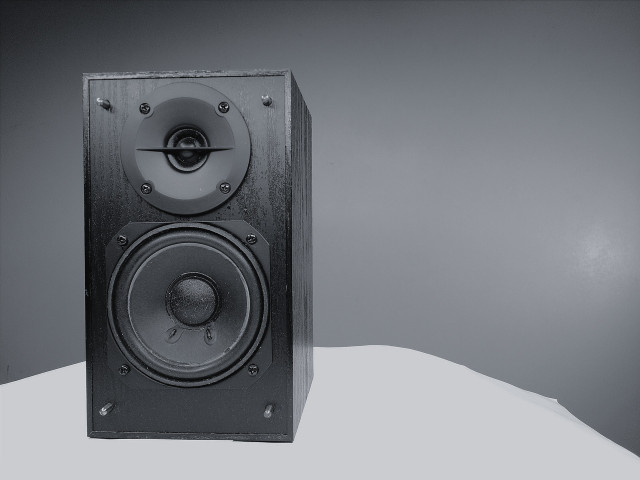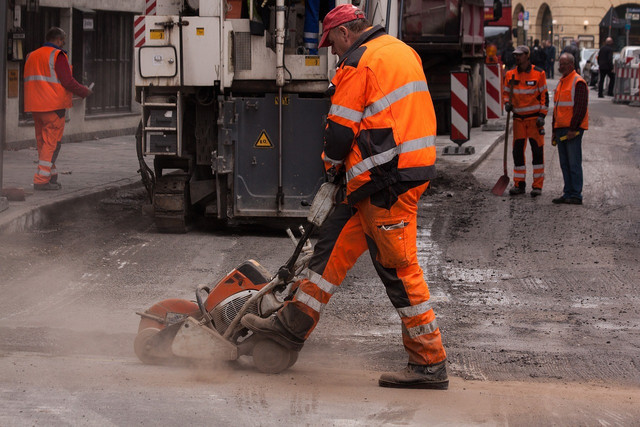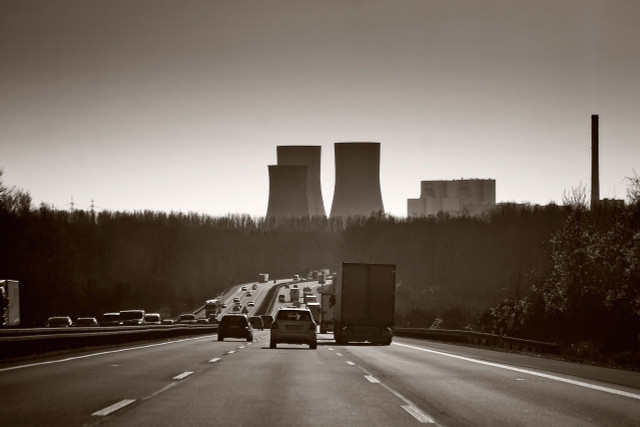What is noise pollution? This important environmental issue affects people all over the globe. Learn more about this specific type of pollution here.
What is noise pollution – and why does it matter? Noise pollution is generated from many sources, including industrial, transportation, and construction activities, as well as by everyday activities such as playing loud music and operating loud machinery. The constant exposure to noise in everyday life has an impact on both humans and the environment. In order to better understand the problem, we first need to look at what noise pollution is and the effects it has.
What Is Noise Pollution?

(Foto: CC0 / Pixabay / Pexels)
It is defined as any unwanted or excessive sound that disrupts the natural soundscape of an environment. In most cases, noise pollution refers to anthropogenic sound, meaning it is generated by human activity.
The science behind noise pollution relies on the principles of acoustic engineering. Acoustic engineers are responsible for studying, analyzing, and understanding the physics of sound and vibrations. They measure the level of sound in a given environment and use algorithms to see if they can reduce the amount of noise that a person hears.
Many factors affect the level of noise, such as the size of the space, the type of material used, and the type of sound waves produced. By looking at these factors, acoustic engineers better understand how to reduce and limit sound pollution in a given soundscape.
What Causes It?



(Foto: CC0 / Pixabay / stux)
Noise pollution is caused by a wide variety of human activities. Some of the most common include:
- Motor vehicles: One of the significant contributors to noise pollution, vehicles emit loud honks, engine revs, and exhaust fumes. The noise caused by traffic is especially a problem in urban areas.
- Construction equipment: Building sites generate a lot of noise as large machinery and tools are at the center of activity.
- Aircraft: Have you ever been nearby when a plane is taking off? The roar of the engine and the sonic boom are heavy contributors to noise pollution.
- Industrial activities: Factories, power plants, incinerators, and shipping ports all create a lot of noise.
- Household appliances: Items such as vacuum cleaners, blenders, laundry machines, food processors, hairdryers, and even fridges all emit noise that adds to noise pollution.
When Does a Sound Become Pollution?



(Foto: CC0 / Pixabay / Foto-Rabe)
There are many aspects that affect when noise levels become harmful, such as the strength of the sound (measured in decibels), its frequency (measured in Hertz), and who it affects.
Humans don’t always hear the same frequency that animals do. Any sound above 70 decibels will begin to harm humans, though significant harm occurs due to exposure over time. Sounds that fall under this category can include:
- Freeway traffic (70dB)
- A hairdryer (80dB)
- A garbage truck (100dB)
- Thunder (120dB)
- Air raid siren (140dB)
However, research shows that for animals and wildlife, these thresholds shift. This is because the frequency range at which humans hear is between 20 to 20’000 hertz. Whereas cats and dogs have a higher sensitivity – hearing frequencies up to 40’000 hertz. Conversely, invertebrates and fish are more sensitive to lower frequencies, hearing frequencies as low as 10 hertz. Noise pollution affects all living creatures in diverse ways.
What Are the Effects of Noise Pollution?



(Foto: CC0 / Pixabay / mirkosajkov)
For humans, noise pollution can have both physical and psychological effects on its victims. Physical effects may be hearing loss, ear ringing, and sleep deprivation. Psychological effects include stress, anxiety, and even depression.
But noise pollution affects not only the health of humans but wildlife as well. Animals can suffer from the same hearing damage as humans. However, at close range, it can also damage organs, cause internal bleeding, and even death. There are also behavioral effects that can impact the ecosystem on a broader scale.
For instance, research shows noise pollution can:
- Lower species diversity
- Cause species decline
- Reduce breeding success
- Effect predator-prey interactions
- Disrupt communication between underwater mammals
There is even some evidence that noise can impact seed dispersal, as animals that carry or eat seeds change their behavioral patterns.
How Can We Stop Noise Pollution?



(Foto: CC0 Public Domain / Unsplash / Beth Macdonald)
To mitigate the effects of noise pollution, acoustic engineers use a variety of strategies which you might also try at home. These solutions include using green architecture, such as soundproofing, sound barriers, and sound masking.
Where soundproofing attempts to reduce the amount of sound that escapes from a given space, sound barriers are physical structures that stop sound from traveling. With sound masking, the addition of background noise masks the level of disruptive sound people can hear. Scientists believe we could create more green spaces to mitigate some of the effects of noise pollution in urban areas. They create a sound barrier to help trap some of the noise and lessen its impact.
Whatever the method, noise pollution is an issue that must be addressed to preserve our environment and our health. Research into what is noise pollution and its effects is ongoing, and new strategies are being developed to help reduce its impact.
Read more:
- Environmental Activism: How to Get Involved in 2023
- What Are Sustainable Building Materials and Why Are They Important?
- Take Action: 15 Everyday Ways to Combat Climate Change
Do you like this post?









